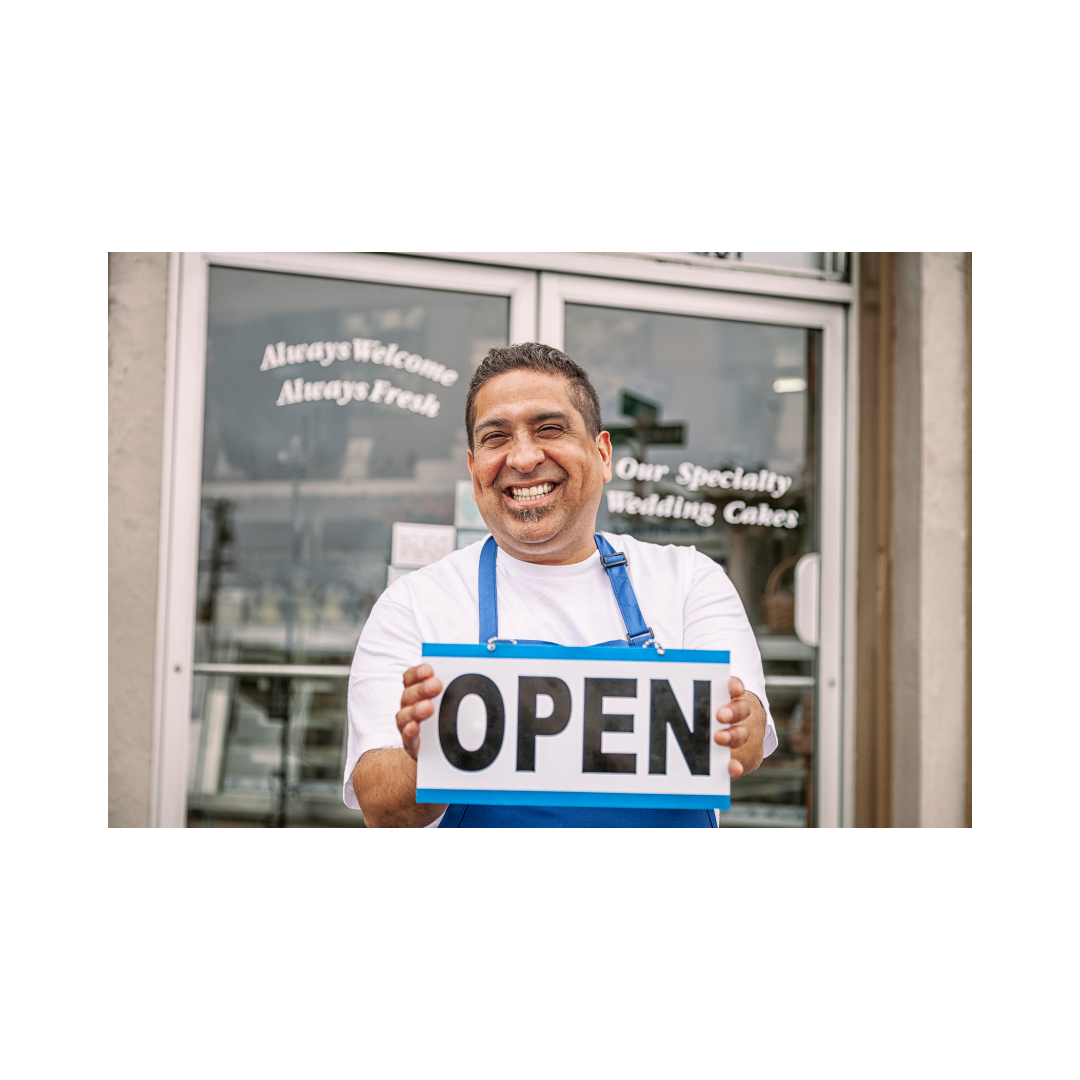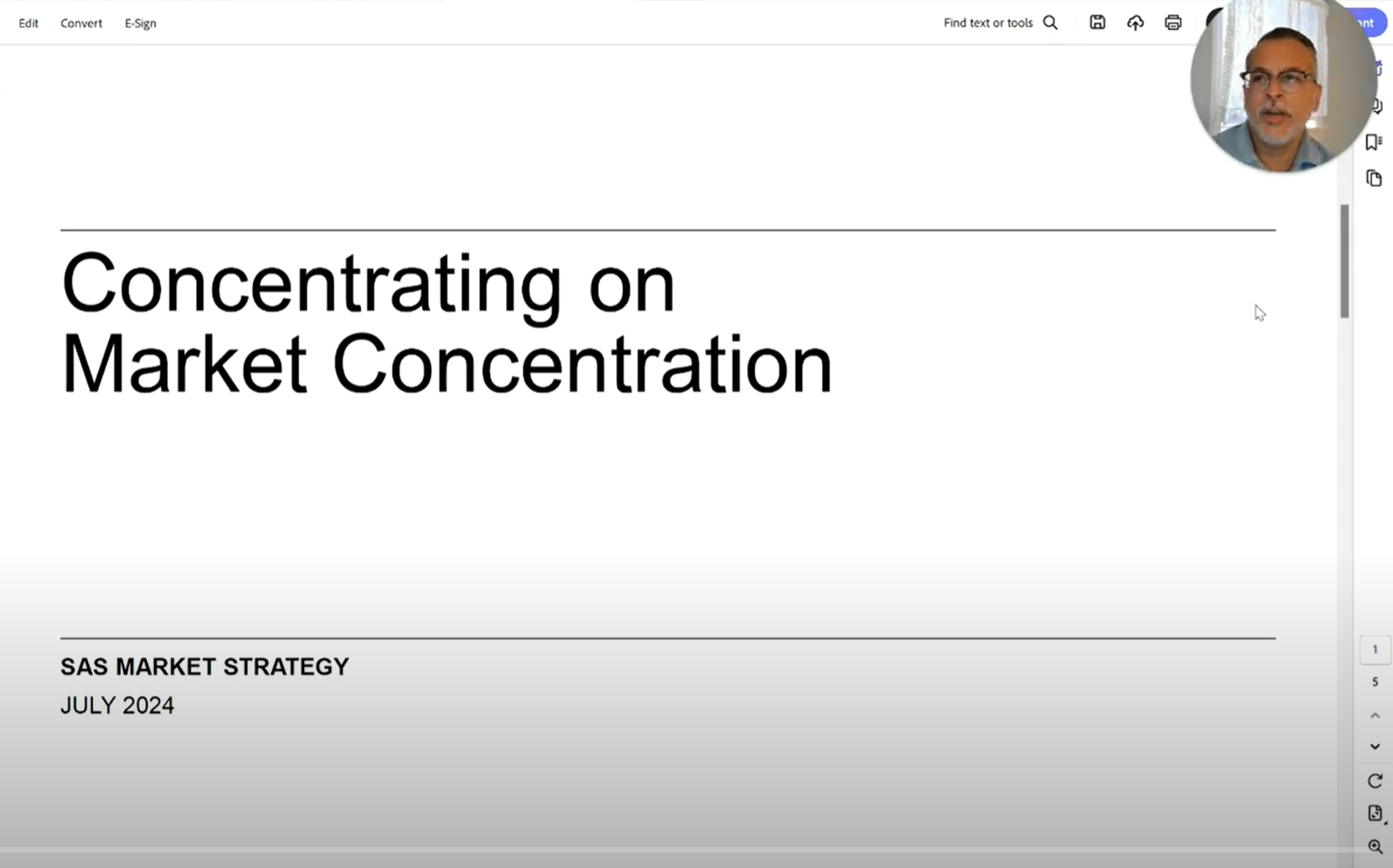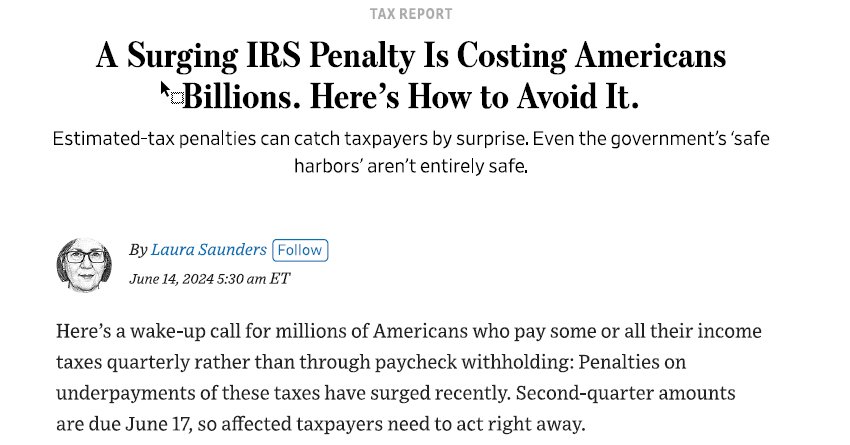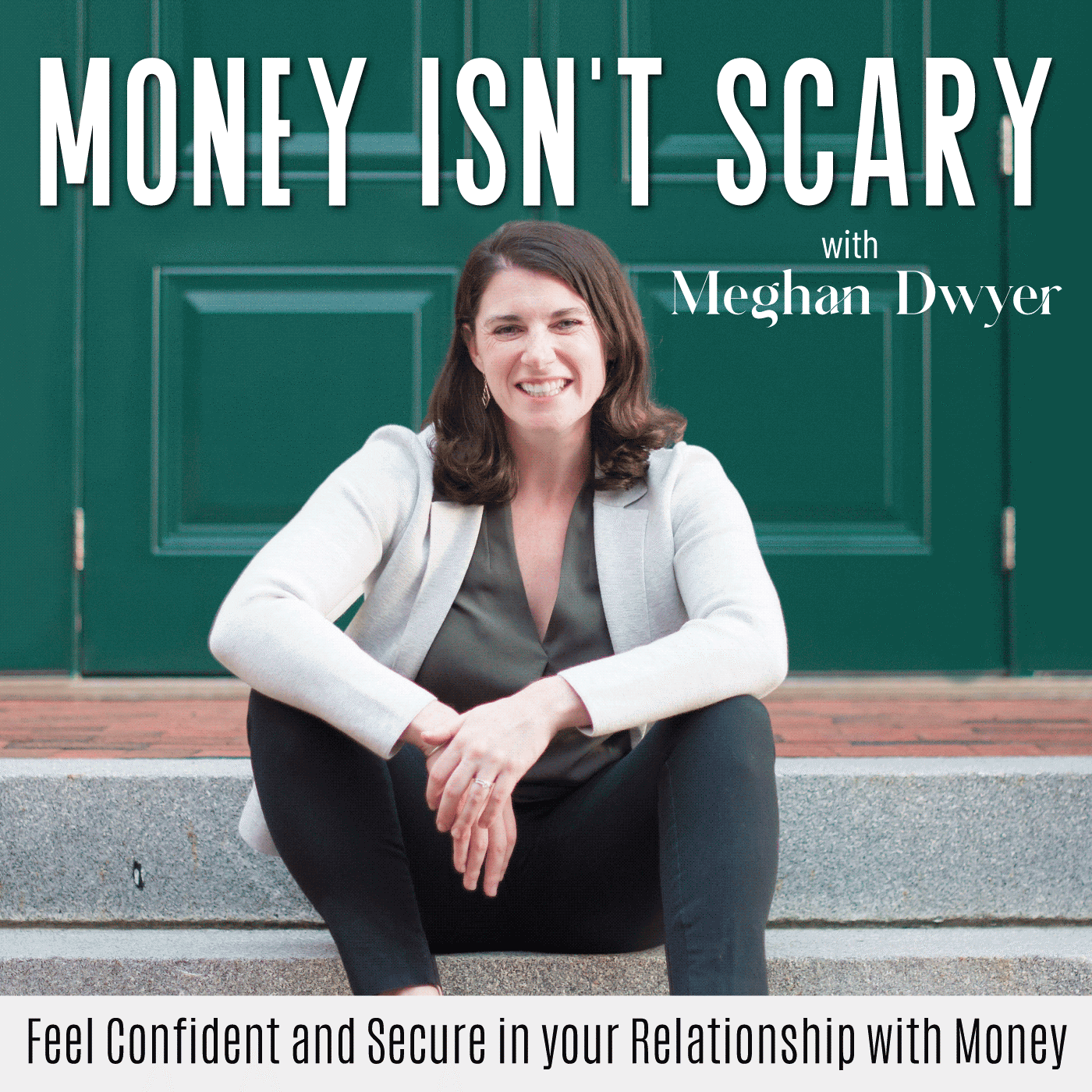I believe America’s economy is exceptional. Despite the many head-winds faced in the last decade, there is no country where I would rather raise my family and pursue my passion – investing.
In my first blog I thought that you should get a sense of who I am, so let me do so through a short personal statement.
I was 9 years old when my family fled the communist take-over of Nicaragua. My parents were 42 and 36, so I have first-hand experience of economic loss born of political risk – and what it means to start over. I suppose like most immigrants to the US, I tend to think there is no better place to invest than here. I am aware of my bias, and I am not blind to our flaws – perhaps none more glaring than the conditions that led to the sub-prime crisis a decade ago. Even so, I struggle to find another country or region whose capital markets are as deep, dynamic, and efficient as ours. My sophomore year Wharton room-mate, who now runs a big institutional Bond shop, likes to say that “America does failure better than anybody else” – I completely agree: our human and financial capital is resilient and able to reinvent and re-purpose itself time and again.
Anyway, I’m happy that I took a somewhat unconventional route to my current position. After business school at Kellogg, I worked for GE Capital’s credit card division building valuation models of acquisition targets – including some sub-prime mortgage originators. Next came a longer stint as one of the founding employees of a now-defunct Silicon Valley online-lending start-up. We raised a total of $50 Million in Series A and B rounds – including from marquee VC’s like Sequoia and Accel. We had all of $300,000 in revenue and zero profits. Wow, we thought we were special!
Then the tech bubble burst along with most of our dotcom clients, and I was the beneficiary of two expensive lessons: very smart people with high-powered degrees are often wrong; and markets can trade at unrealistic levels for a long time, but not forever. Anyway, I lived through the Tech meltdown and had a front-row seat at one of the biggest financial bubbles. I personally lost a lot of (paper) wealth and ultimately my job. So, out of that experience was born an obsession with understanding how capital markets, credit markets, and economies behave.
I eventually took that to BNY-Mellon Wealth, where I spent the last 12 years managing cross-asset allocation for private client portfolios in excess of $500 Million. Throughout those years I developed a reputation among my colleagues as an original thinker unconstrained by the ‘silo mentality’ that is prevalent in big asset management firms with multiple equity and bond teams. Combining different disciplines and styles of analysis (macro vs. bottoms-up) has been my stock-in-trade and the loyalty of my client base is the proof. I was particularly proud of being asked to sit on BNY’s Boston Investment Committee, which sets policy for $10 Billion in discretionary client assets.
Let me end by saying that my move to SPP is about running to something rather than running from something. While it is true that many of the large, publicly-traded investment management firms are feeling the impact of low-cost, Market-Tracking ETF’s, what really drew me to SPP is Shaun’s compulsion to serve and educate the client. Equally compelling is the firm’s culture around measuring and tracking financial outcomes – after taxes and fees. Unfortunately, this kind of intellectual honesty is rare in an industry that increasingly leans on sales personnel to interface with clients. ETF’s and advances in financial technology will make this family-office type service accessible to many more households; and I have full confidence that SPP’s retainer-based Personal CFO service will attract more families looking for an alternative to a disjointed, over-paid banking industry that engages the client in silos and is designed to serve the financial needs of big, unwieldy publicly-traded entities.

Source: sfcfo_archive













